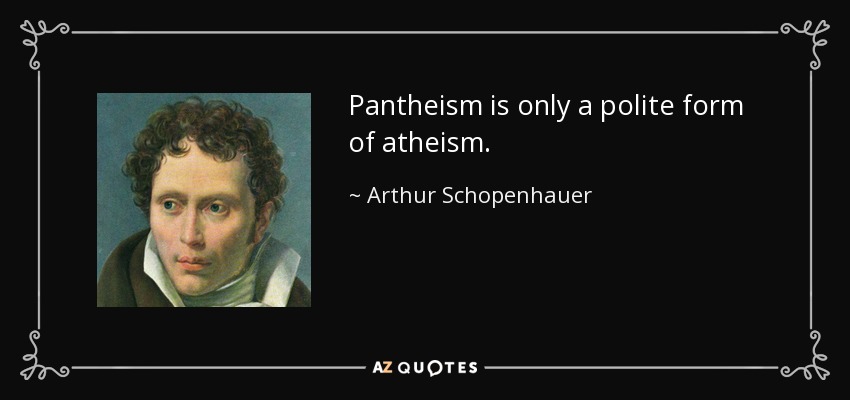anotherlife
Gold Member
Oh bull.Most American scientists, especially the elite ones, are Jewish. The Jewish religion unlike the other abrahamic ones, has a sect that denies life after death. Those top scientists belong to that Jewish sect.
Jews are about 2% of the American population, so they cannot be the majority of American scientists in all fields of science.
Catholic Church and science - Wikipedia
Religion and Science in the United States
Religion And Science Can Coexist: Some Scientists Practice More Than The General Public
Study: 2 Million U.S. Scientists Identify As Evangelical
Bull.
Try harder. Your Jewish brothers in the media need to try harder too. Do you really think we don't know that if you can keep the diamond trade and gold trade in your pockets, then you can't do the same with science and everything else? Hehehe.


